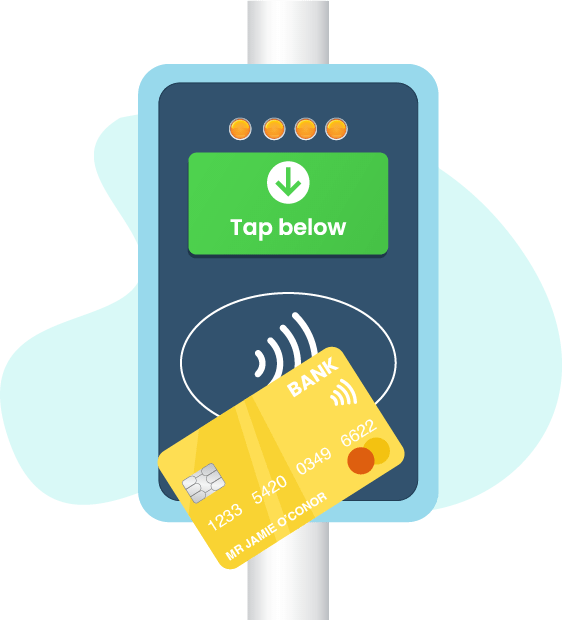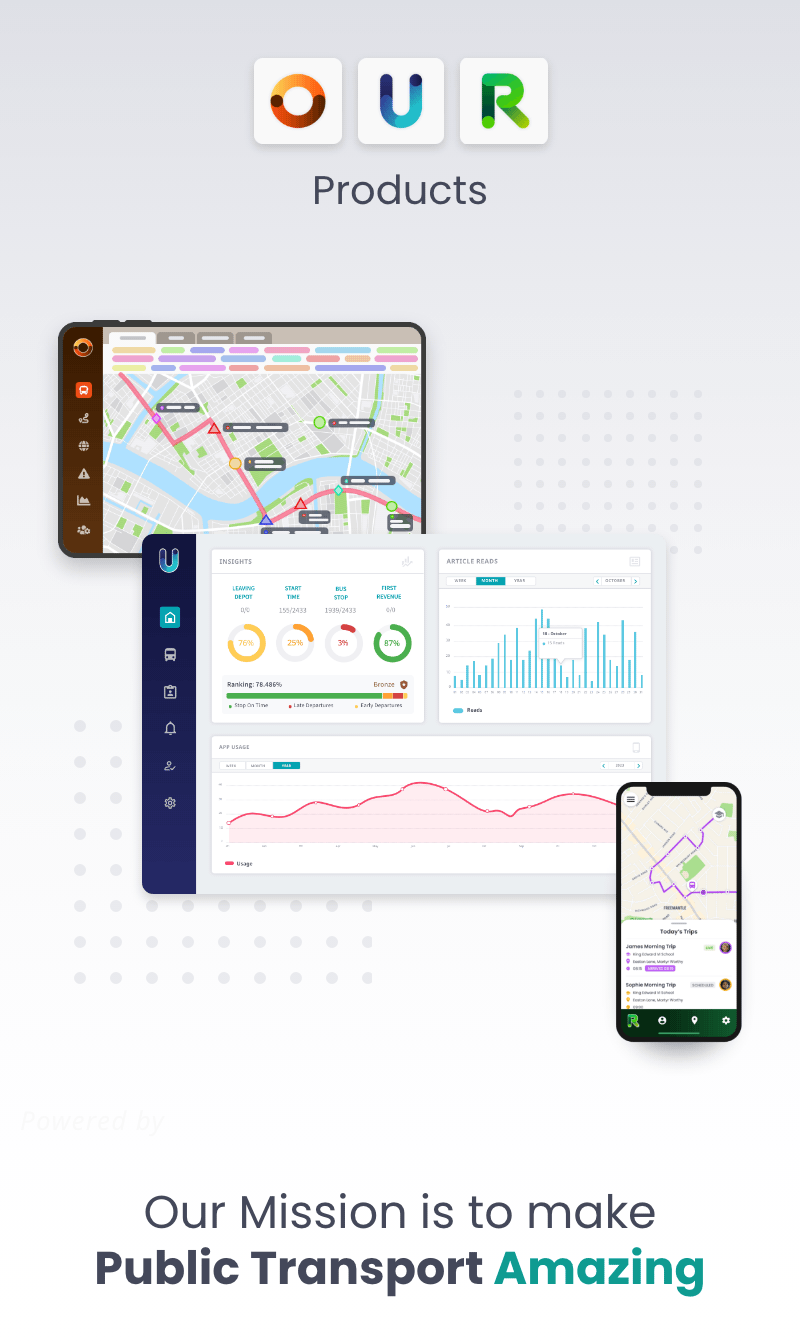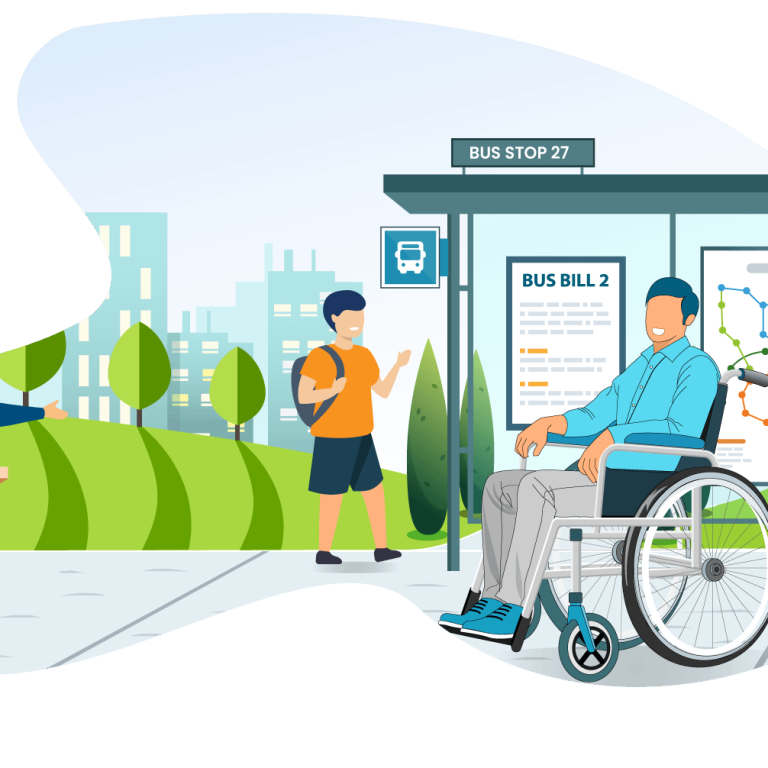Well, dear reader, we at uTrack have watched with great interest to see just what will emerge from Mr Andy Burnham’s brave new franchised Mancunian world. It is interesting to note that a report has very recently been published by Greater Manchester, which claims that the Bee network integration should be celebrated as a “milestone of success” for English devolution. A brave and bold claim, some might say, but what exactly do the facts tell us? The Greater Manchester Authority would argue that the network has improved the quality of life for many of the people who have used the new-world system, compared to the previous privatised networks, where routes and prices were controlled by privately owned bus companies, who enjoyed free rein to operate as they wished, at frequencies they determined.
The latest added benefit for bus users is the capability, as of March, to “tap on” and “tap off”, with the advantage of a daily fares cap. This gives Mancunians the same benefit that southern London residents have been enjoying for years. Some suggest that this is a strong example of levelling up, in that it represents the first and arguably the best example of English devolution outside of London. A second key issue to emerge is the growing recognition among members of the British public that devolved transport powers will be one of the key areas by which mayoral elections are won and lost. In the longer term, this may also influence how history judges the success, or otherwise, of the English devolution programme.

A Six-Point Plan
So, what do the facts tell us about franchising? Well, there is a six-point plan by which the bus franchising project will be judged:
1. Buses
Punctuality has improved across the established franchised routes, with punctuality for tranche one routes typically above 80%, representing a 10% increase compared to pre-franchising levels.
2. Bus Ridership
It is claimed that bus ridership is up 4% on last year, with ridership for 2023/2024 12% above the baseline target.
3. Trams (The Metrolink Network)
Passenger numbers in 2024 surpassed the previous record of 2019, just before the pandemic.
4. Ticket Prices
Average ticket prices have reduced by a noticeable 15 per cent.
5. Farebox Revenue Across All Modes
Four per cent above the target for the period April 2024 – January 2025.
6. Emissions
Twenty five per cent of the bus fleet will be zero emission by the end of 2025.
To be fair, some impressive statistics. In addition to the introduction of the tap on/tap off option, passengers can also purchase tickets using a simple app, contact customer service, and check weekly punctuality reports. This replaces the previous non-franchised, privately fragmented services, where accurate information was harder to obtain. The public also appreciate the fact that the Bee Network now offers a single point of trusted data.
Conclusion
The future remains unwritten, and the plan for the Bee Network over the next three to five years includes implementing new local powers for the area’s rail system. There is no doubt that the mayor will be held accountable, good, bad or indifferent. But at least Manchester is leading the charge, and it will be very interesting to see how the franchised model compares to the Enhanced Partnership bus networks that are also being championed across other parts of the UK. However, the true winners, as ever, need to be not the mayors, nor the local authorities, but of course the bus passengers themselves.

Written by Austin Birks






